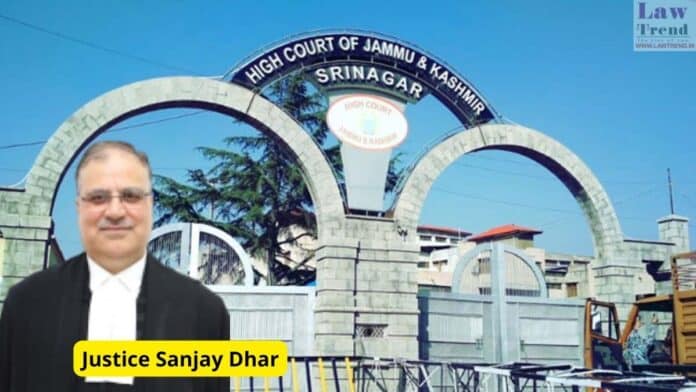In a significant ruling, the Jammu Kashmir & Ladakh High Court has emphasized that proceedings under the Protection of Women from Domestic Violence Act (DV Act) are essentially civil in nature, and magistrates should not resort to coercive measures like arrest warrants to secure the presence of respondents. The judgment was delivered by Justice Sanjay
To Read More Please Subscribe to VIP Membership for Unlimited Access to All the Articles, Download Available Copies of Judgments/Order, Acess to Central/State Bare Acts, Advertisement Free Content, Access to More than 4000 Legal Drafts( Readymade Editable Formats of Suits, Petitions, Writs, Legal Notices, Divorce Petitions, 138 Notices, Bail Applications etc.) in Hindi and English.




